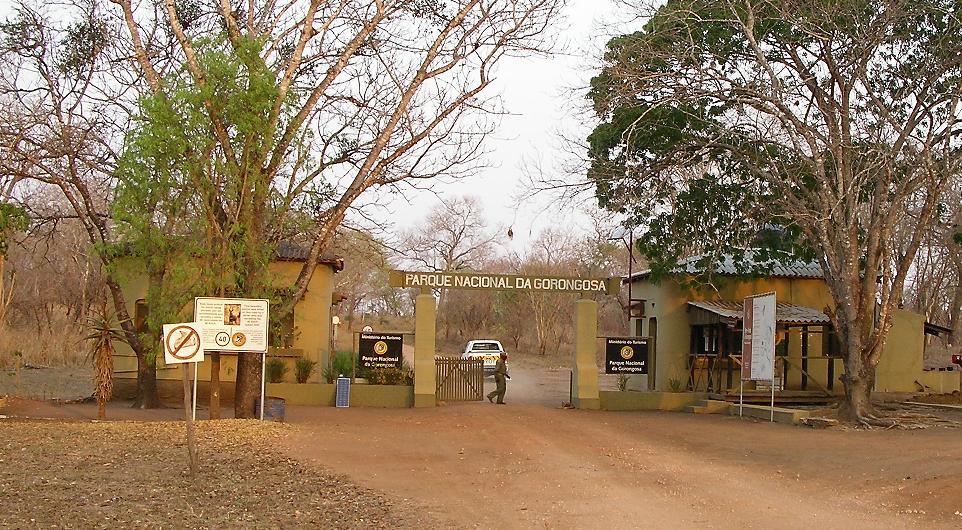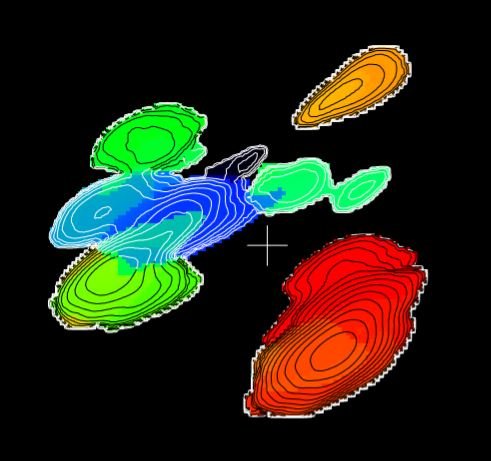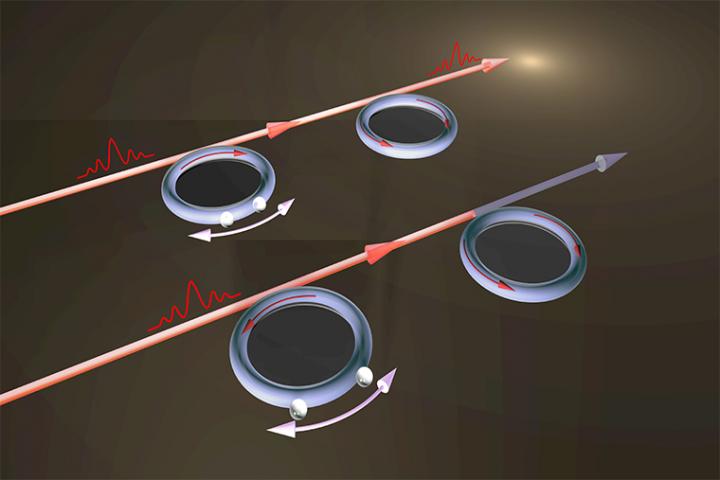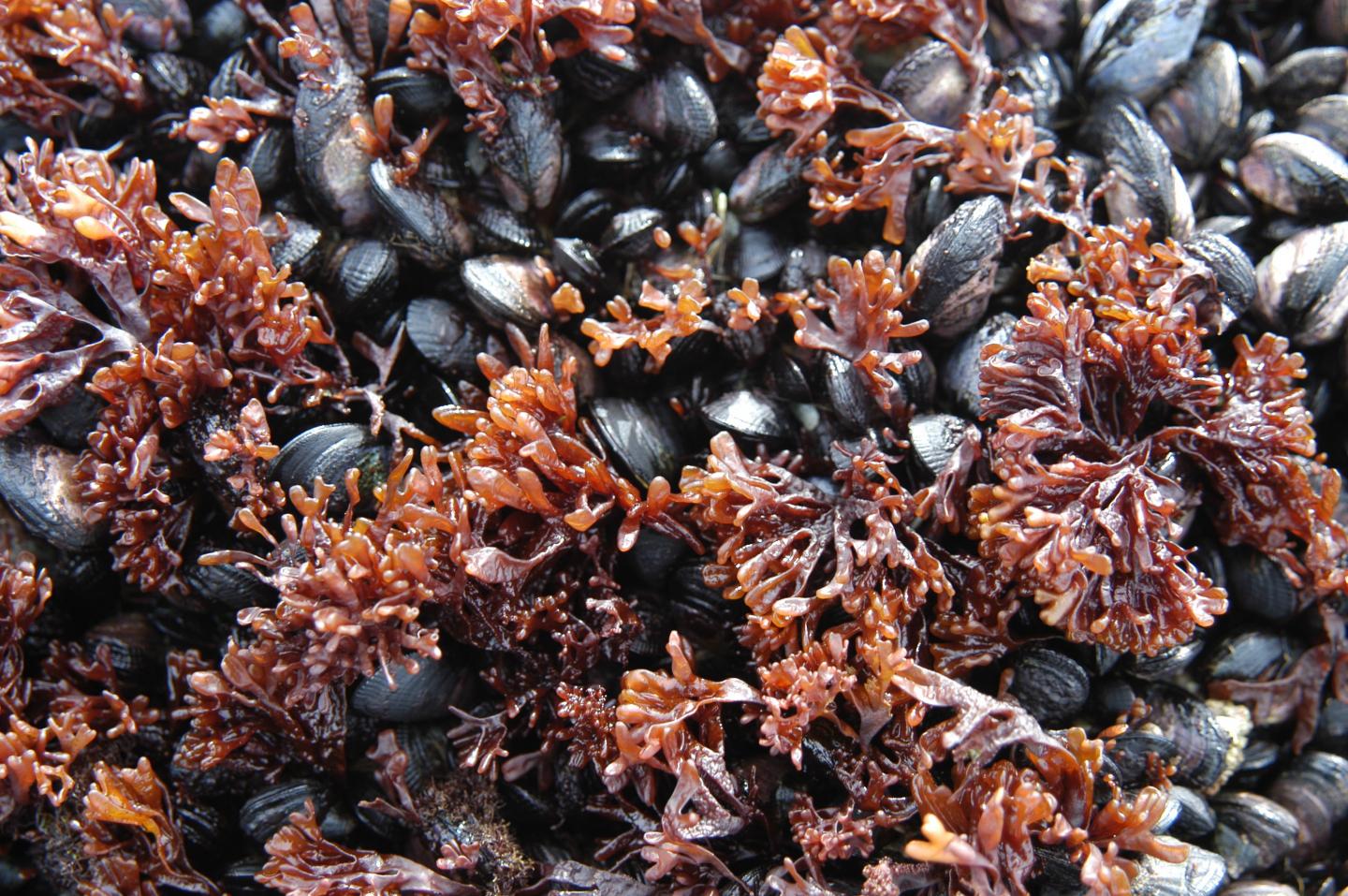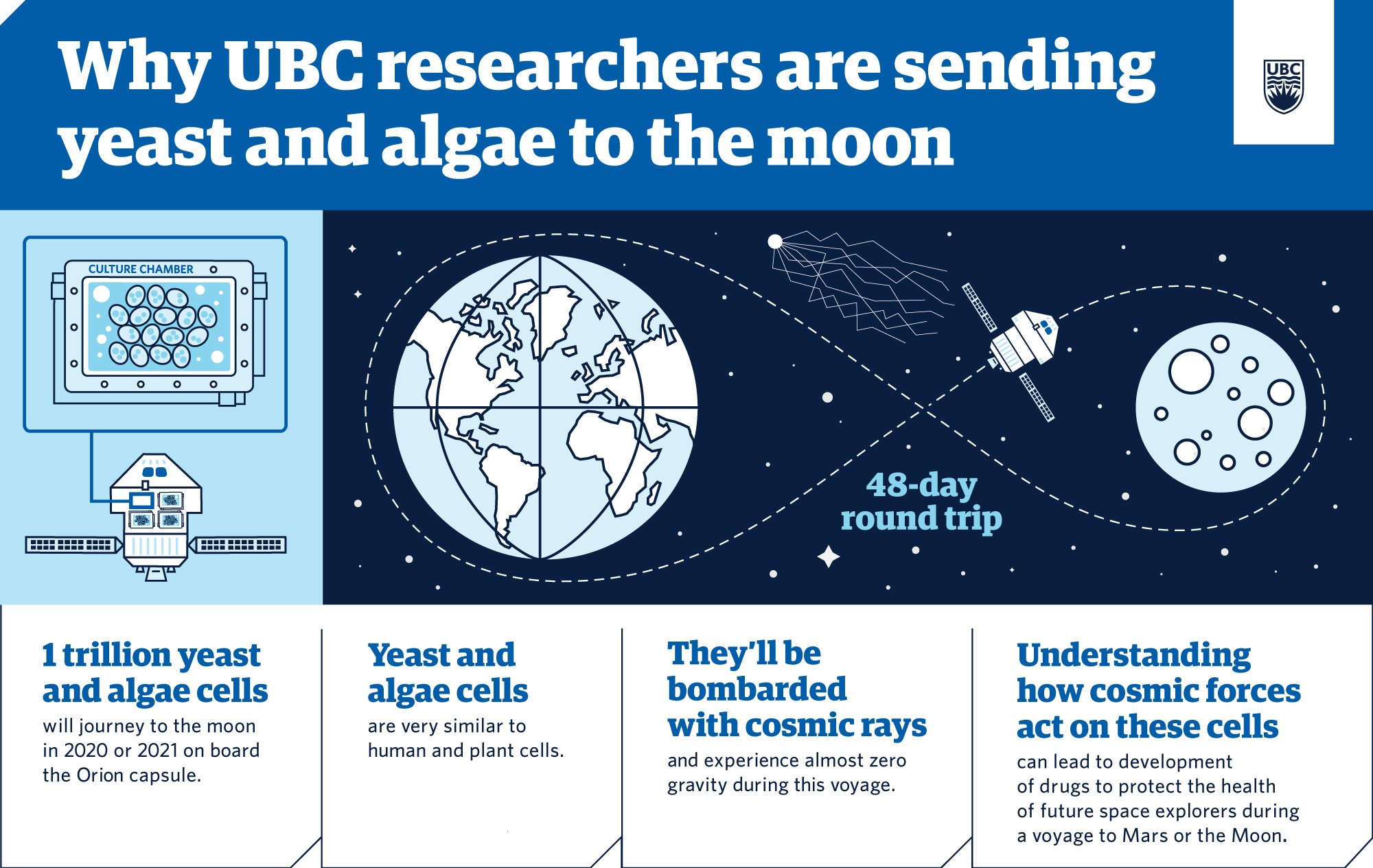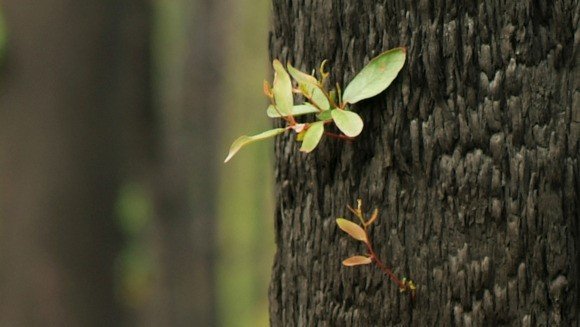‘Rewilding’ heals a broken ecosystem
When war came to Mozambique in the 1970s, the large mammals of Gorongosa National Park were among the casualties. By the mid-1990s, more than 90% of the wildlife had been lost. Since 2007, the Gorongosa Project — an innovative public-private partnership between the Government of Mozambique and a non-profit organization — has worked to restore … Read more
